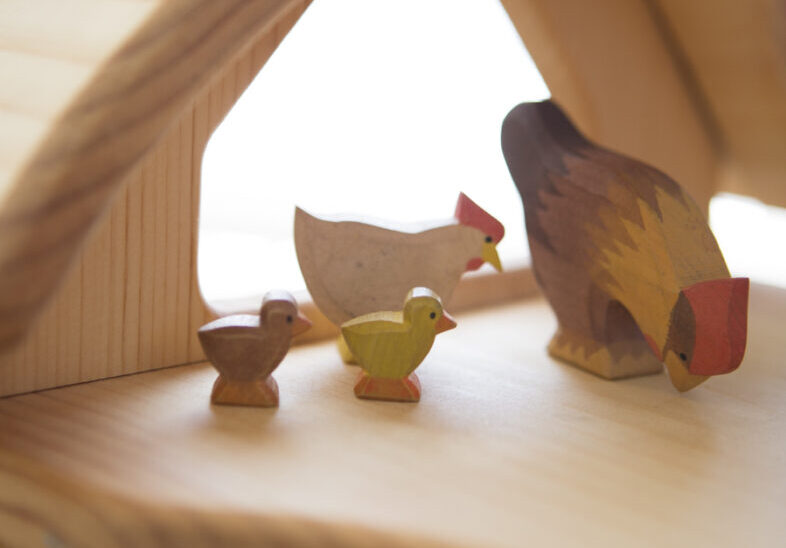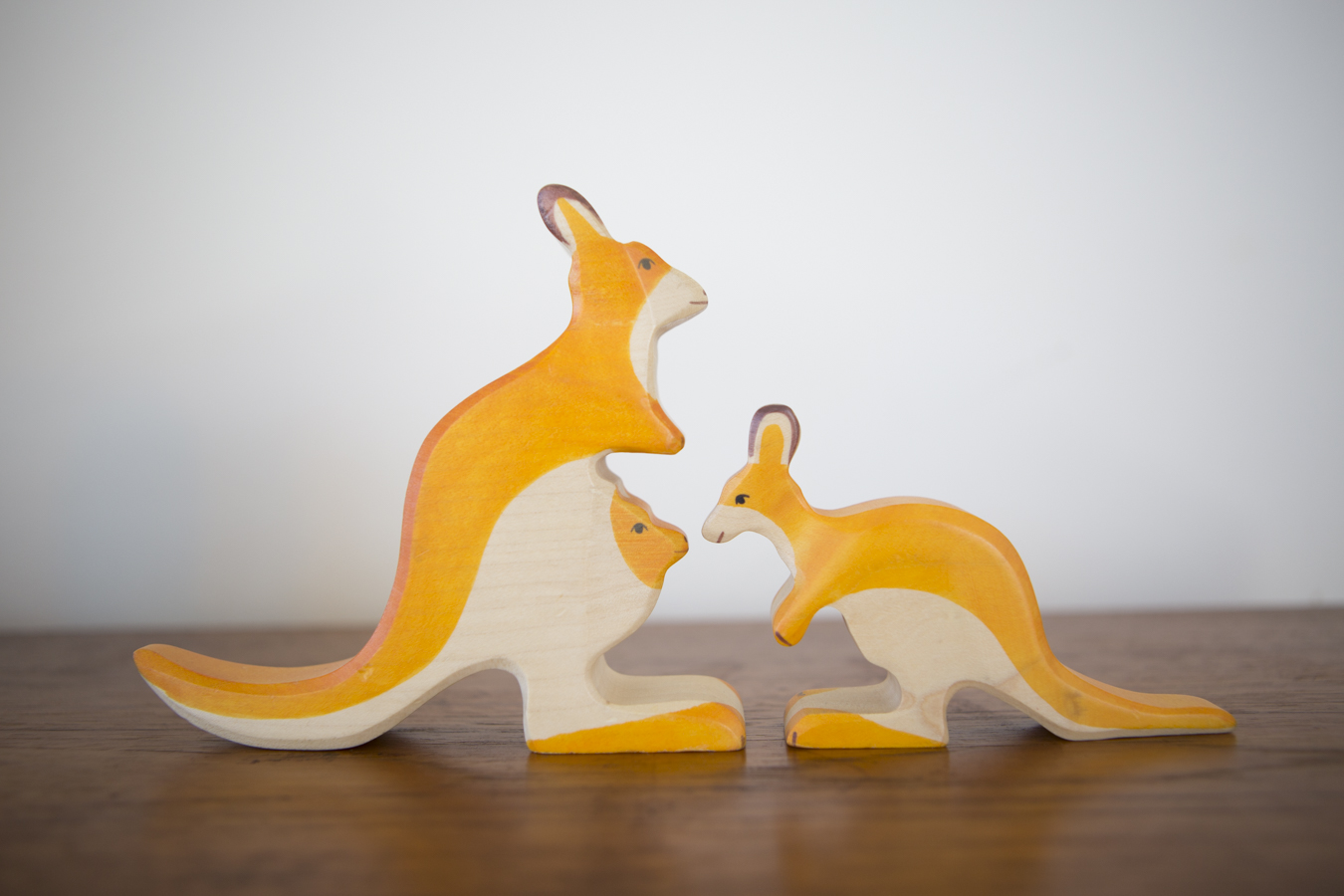It’s understandable to feel nervous about this conversation. However, after helping many parents through it to the other side, these are the things that I’ve seen be the most important.
If you have time to find someone to talk to, it’s really helpful to have support for your feelings because a) you are important and b) so that when they talk to kids you are able to be make space for your kids feelings. This doesn’t mean that you aren’t allowed to have feelings, or show sadness. It just means that you are in a position to make room for their feelings too.
If your own parents divorced, see if you can remember what was helpful and what wasn’t.
Kids like to hear the same reassuring things over and over, so it’s okay to repeat things. You’ll see the script is a little repetitive, and that’s on purpose.
Encourage parents to say everything SLOWLY and leave room for quiet to let the kids absorb things.
When people hear tough news they often kind of black out and stop listening for a while because it’s so
much to take in.
Also, you need to know that if your speech doesn’t go exactly as planned, or you didn’t phrase something perfectly, don’t worry, because you will have a million of these conversations. This is just the first one, and it’s going to be okay. You may get through the first couple of sentences and the kids response will tell you that it’s all they can hear for now.
Tell your kids when you know they have a couple of open days before them:
A Friday night or a Saturday morning is preferable to a Sunday night.
As with all things parenting, there are many ways to approach this but what’s important is to always remember that each family is unique.

A script for telling kids (8 and up) about getting divorced:
Share a simple explanation:
“Parent and parent (or me and?) care about each other and we love being your parents. But we realize that while we parent really well together, we are not as great of a team as
(partner and partner) We thought about this for a long time, and we decided it’s best not to stay married. That means we are getting a divorce. I will stay living in this house, and partner will move to a nice apartment nearby.We will both still spend a lot of time with you, and you will spend time at both houses. We will always, always love you.”
This separation is between us adults:
“We both love you SO MUCH. The love that parents have for
their kids never ever ends. This is an adult decision that is just between me and partner. When parentsget divorced, kids sometimes worry that they may have done something to cause it. But they didn’t. A divorce happens between two parents, it’s completely separate from the kids. You didn’t do or sayanything to cause this, and nothing you do now will cause it or change it. This is a decision that we madeabout our own relationship, and that is separate from you.”
We are still a family, and we will always take care of you:
“(Parent) has a nice apartment — we can show you photos/ we can have you come and see it/ when parent has a new place we will let you knowright away— and we made a schedule where you will sometimes sleep here and sometimes sleep there.We will always be your mom and dad, even if we are living in two places. (Parent) and (Parent) will always work together to care for you in every way, like helping with school stuff, making dinner, playing games, reading to you, and watching movies. We can make a calendar to help it all make sense.
Many things will stay the same: “Some things will be different, but lots of things will stay the same.
You’ll go to your same schools, you’ll have your same friends, you’ll have the same babysitter, you’ll have the same toys, you’ll have the same grandparents and aunts and uncles and cousins, you’ll have the same routines. You’ll still have the same mom and dad.”
You might feel lots of different feelings:
“You might feel sad, mad, worried, or maybe relieved or
curious or excited about two apartments. All feelings are OKAY and NORMAL. Your feelings might also change day to day. We are here to listen and talk about your feelings and will be here for you no matter what. It’s okay if you sometimes feel confused or mad at us, too; you can tell us and we will understand. Often hard feelings are strongest at the beginning, and then they get easier.”
You can love us both:
“We will always be your parents. You can love us both and never feel like you
have to choose between us. You are free to continue loving each of us fully without worrying about not being loyal to the other parent. We want you to have fun with us both! I love hearing about all the funthings you do with other parent! Parent loves hearing about all the fun things you do with me!”
After the conversation:
Be prepared for the whole spectrum of responses, from big feelings, to walking off to watch TV.
Sometimes kids asked hard or nuanced questions, and if I wasn’t sure what to say, I’d tell them,
“That’s a great question and I’m glad you asked; I have to think about it, so I’ll get back to you
with an answer.” And then make sure to answer them, when you are ready.
Please don’t expect your children to necessarily be able to go on as usual. They may need to take
some time off school, or sports and other activities. Let them know that you would like them to have safe places to go with their feelings, and is there anyone they would like you to tell. It can be helpful to tell teachers, coaches and parent friends, but you should talk to your child first. Help them connect to what they need, which may be very different for each child.
Be prepared for some potential regression:
Sleep, eating, toileting may regress, and there may be more mood swings, sometimes over the littlest things. Anticipation of this will help you feel more emotionally ready.
Consider a Play-Doh station (even for the bigger kids). Kids don’t always find it easy to bare their
souls and share their muddled feelings. Children will more likely start to share where there hands are
occupied.
For younger children:
It is very helpful to make younger children a story with photos, about their family, how its
changing, the feelings they may have, and basically that supports a containing narrative. A book
can also spell out some of the concrete details of what will change when. There are lots of fiction
books for children that also describe help make sense of divorce.


